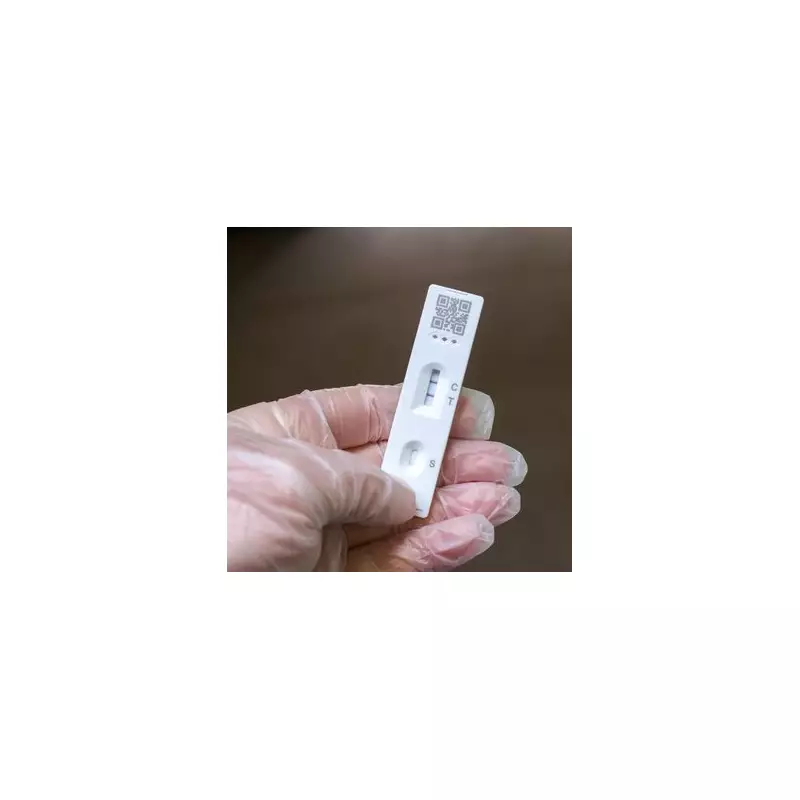
A senior NHS doctor has issued a stark warning about one of Britain's most trusted medications, revealing that regular use could be quietly damaging your liver without obvious symptoms.
Dr. Sameer Khedkar, a consultant physician, has highlighted paracetamol as the medication causing significant concern among medical professionals. While effective for pain relief when used correctly, its hidden dangers emerge with prolonged or excessive use.
The Silent Threat to Your Liver
"Many people don't realise that paracetamol is metabolised through the liver," explains Dr. Khedkar. "When taken regularly over extended periods, even at recommended doses, it can cause cumulative damage that often goes unnoticed until serious problems develop."
The insidious nature of this damage means symptoms might not appear until the liver is significantly compromised, making early detection challenging.
Who's Most at Risk?
Certain groups face higher danger from paracetamol-related liver issues:
- Regular users taking the medication daily or several times weekly
- Individuals who consume alcohol regularly
- People with pre-existing liver conditions
- Those taking multiple medications that stress the liver
- Patients with poor nutrition or dehydration
Safer Alternatives for Pain Management
Dr. Khedkar recommends several approaches to reduce reliance on paracetamol:
- Topical treatments: Creams and gels containing anti-inflammatory ingredients can target localised pain without systemic effects
- Lifestyle modifications: Regular exercise, weight management and stress reduction techniques can naturally reduce pain levels
- Alternative therapies: Physiotherapy, acupuncture or osteopathy may provide relief for chronic conditions
- Targeted medications: For specific conditions, other medications under medical supervision might be more appropriate
When Paracetamol Remains Appropriate
"I'm not suggesting people should never take paracetamol," clarifies Dr. Khedkar. "For occasional use following the recommended dosage, it remains an effective option. The concern is with long-term, regular consumption."
The key is being mindful of frequency and always consulting with a GP about ongoing pain management strategies rather than self-medicating indefinitely.
Recognising Early Warning Signs
Watch for these symptoms that might indicate liver stress:
- Persistent fatigue that doesn't improve with rest
- Unexplained nausea or loss of appetite
- Abdominal discomfort, particularly in the upper right area
- Unusual bruising or bleeding
- Yellowing of skin or eyes (jaundice)
If you experience any of these symptoms and regularly take paracetamol, seek medical advice promptly. Early intervention can prevent more serious liver damage from developing.





